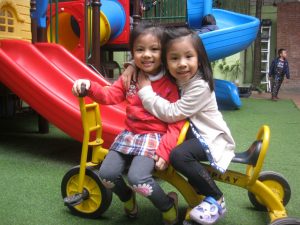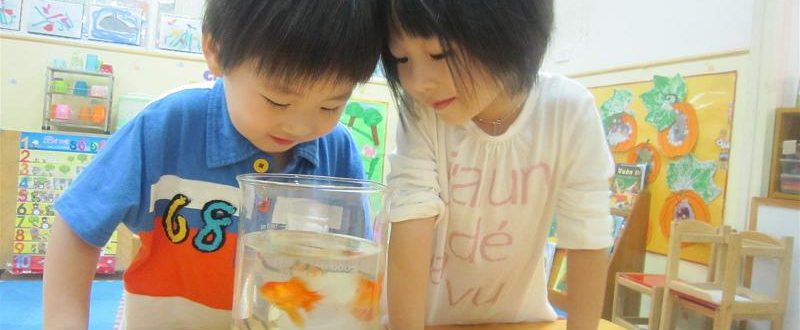Laughter therapy
Instinctively, we parents know that ‘laughter is the best medicine’ for many things which trouble our children. Now, scientists have found that using humour seems to help young children learn new things.
Using on the knowledge that making older children laugh can enhance many facets of thinking, Rana Esseily, a French scientist, and her colleagues, designed an experiment to discover if using humour could also effect the ability of younger children to learn.
Each of the 18-month-old children observed an adult using a tool to grab an out-of-reach toy. In one group the adult just played with the toy after retrieving it; but in the other group, the adult immediately threw the toy to the floor, making the children laugh.

When the scientists studied their data, they found that the children who laughed at the adults’ actions were able to repeat the action themselves more successfully than those who didn’t laugh, and also more successfully than those who saw the adults retrieve the toys but with no laughter.
Why laughter is related to children’s ability to learn isn’t absolutely clear, but the scientists offered two possible explanations. First, they said that it could be related to a child’s temperament, and not just humour that helped the learning. They suggested that happy, smiley babies could be more likely to engage with their environment, including other people, and be more interested in succeeding in the task of getting the toy by copying the actions of others, the adults.

The second explanation the scientists gave related to brain chemistry. It is well known that positive emotions, like laughter increases dopamine (a feel-good chemical) levels in the brain, which has a positive effect on learning. “The effect observed here might be a general effect due to positive emotion and not to humour or laughter,” they note.
Of course, more research needs to, and will be done into the effects of humour on learning, but as a teacher of many years experience across a wide range of children’s age groups, my instinct has always told me that happy children are far more interested in discovering and learning new things. Their higher level of interest also seems to ensure a good level of retention and recall of that new information and those understandings.
So, parents, keep smiling and supporting your children’s learning, and make sure you laugh along the way. Enjoy the experience as your happy, eager-to-learn youngsters explore and embrace their fascinating world.

Dr Trevor
Source: This story is based on material published in The Journal of Cognition and Emotion.







